Dental Surgeons in Mexico Preferred Choice for Quality Care
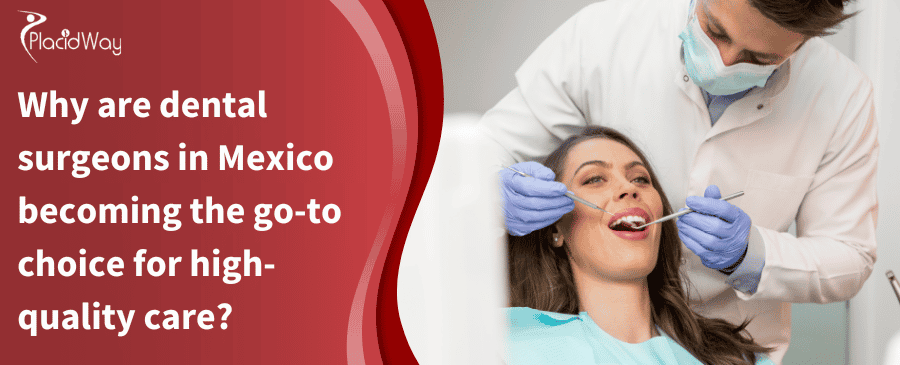
Are you considering dental work but find the costs at home overwhelming? You're not alone! Many people are now looking beyond their borders for affordable, high-quality dental solutions, and Mexico has emerged as a leading destination. Dental surgeons in Mexico are increasingly recognized for providing exceptional care, often at a fraction of the price you'd pay in countries like the United States or Canada. This growing trend, often called dental tourism, isn't just about saving money; it's about accessing top-notch facilities, experienced professionals, and advanced dental technology. This shift is driven by a combination of factors, including lower operational costs in Mexico, a strong focus on international patient care, and a commitment by many Mexican clinics to adhere to global standards of quality and safety. If you've been wondering why so many people are heading south for their dental needs, prepare to explore the compelling reasons behind Mexico's rise as a dental care hotspot.
What makes Mexico a premier destination for dental tourism?
Mexico has solidified its position as a leading destination for dental tourism, capturing a significant portion of the global market. The primary draw is the remarkable affordability, with dental procedures often costing up to 70% less than in the United States and the United Kingdom. This makes complex treatments, which might be out of reach for many in their home countries, financially viable. Beyond cost, Mexican dental clinics are increasingly recognized for their high standards of care.
Many facilities are equipped with the latest dental technology, such as CAD/CAM machines for same-day crowns and 3D CT scans for precise implant planning, ensuring efficient and accurate treatments. Furthermore, many dental professionals in Mexico pursue international training, bringing a global perspective and expertise to their practice. The combination of significant savings, advanced technology, and skilled practitioners creates a compelling value proposition for dental tourists.
How much can you save on dental implants in Mexico compared to the US?
The savings cost on dental implants in Mexico are one of the most significant motivators for dental tourism. On average, a single dental implant in Mexico can cost between $500 and $800, while in the United States, the same procedure often ranges from $3,000 to $4,500. This represents a substantial saving of 70% or more.
For more extensive procedures like All-on-4 dental implants, the cost difference is even more dramatic. In Mexico, an All-on-4 procedure per arch typically ranges from $6,000 to $12,000. In contrast, the same treatment in the US can cost anywhere from $14,000 to $28,000. These lower prices in Mexico are primarily due to lower operational costs, including labor, facility rent, and insurance, rather than a compromise on the quality of materials or care.
Here’s a comparison of common dental implant costs:
| Dental Implant Procedure | Cost in Mexico (USD) | Cost in USA (USD) |
|---|---|---|
| Single Dental Implant (Implant Only) | $500 – $800 | $3,000 – $4,500 |
| Implant Abutment | $200 – $400 | $500 – $1,000 |
| Dental Crown (Porcelain) | $400 – $1,000 | $1,000 – $2,500 |
| All-on-4 Implants (per arch) | $6,000 – $12,000 | $14,000 – $28,000 |
Are dental procedures in Mexico safe?
The safety of dental procedures in Mexico is a common concern for many prospective patients. However, tens of thousands of US and Canadian patients safely receive high-quality dental work in Mexico each year. The key to a safe experience lies in selecting a reputable clinic. Many Mexican dental facilities comply with strict national health regulations and often seek international accreditation from esteemed healthcare organizations like the Joint Commission International (JCI) or obtain ISO certifications.
These accreditations indicate that the clinics meet global benchmarks for patient safety, hygiene, and quality of care. Reputable clinics in popular dental tourism cities and border towns are specifically designed to cater to international patients, often employing advanced sterilization techniques and modern equipment. While some misinformation exists, the vast majority of patients report positive and safe experiences when they do their research and choose a well-vetted provider.
What is the quality of dental care in Mexico?
The quality of dental care in Mexico is a significant factor in its appeal. Many Mexican dentists receive their education and training from highly respected institutions, both within Mexico and internationally, including in the United States. This rigorous training ensures they are well-versed in the latest dental techniques and practices.
Furthermore, leading dental clinics in Mexico invest heavily in modern technology, such as digital imaging, 3D printing for restorations, and advanced laser dentistry tools. They also use high-quality, internationally recognized dental materials for implants, crowns, and veneers, ensuring durability and effectiveness comparable to those found in the US or Canada. The lower cost of dental care in Mexico stems from lower operating expenses, not from a compromise on the quality of materials or the expertise of the dental professionals.
How important is accreditation for Mexican dental clinics?
When considering dental work in Mexico, checking for accreditation and certifications is a crucial step. While Mexico has its own national health regulations, international accreditations offer an added layer of assurance. Organizations like the Joint Commission International (JCI) or ISO certifications indicate that a clinic has undergone rigorous evaluation and meets global benchmarks for patient safety, quality of care, and facility management.
Although not all clinics may have these specific international accreditations, many reputable ones will have affiliations with national dental associations or professional boards that uphold high standards. Researching a clinic’s credentials, looking for positive patient reviews, and inquiring about their adherence to sterilization protocols can help ensure you choose a reliable and high-quality provider. A commitment to international standards suggests a clinic prioritizes patient well-being and delivers consistent, excellent results.
What are the best cities for dental tourism in Mexico?
Mexico offers several prominent cities that have become hubs for dental tourism, each with its own unique appeal:
- Los Algodones: Often dubbed "Molar City," this small town directly across the US border from Yuma, Arizona, boasts an incredibly high concentration of dental clinics—over 500 within a square mile. It's ideal for those seeking quick, affordable procedures without extensive travel or vacation plans. Many dentists here are US-trained.
- Tijuana: Located just south of San Diego, California, Tijuana is another highly accessible border city. It features numerous modern clinics with highly qualified dentists, many of whom have received training from top US institutions. Tijuana offers a wider range of urban amenities compared to Los Algodones, blending medical care with city experiences.
- Cancun: For those looking to combine their dental treatment with a vacation, Cancun on the Yucatan Peninsula is an excellent choice. It offers world-class dental clinics in a beautiful resort setting, making it popular for longer treatments where recovery can be enjoyed amidst beaches and cultural sites. Cancun is well-connected by direct flights from many international cities.
- Puerto Vallarta: Similar to Cancun, Puerto Vallarta provides a beautiful coastal backdrop for dental tourism. It’s known for its scenic beaches, art scene, and a growing number of modern dental facilities that cater to international patients.
- Mexico City: As the capital, Mexico City offers a vast selection of highly specialized dental clinics, modern infrastructure, and a rich cultural experience. While not typically a "dental vacation" spot in the beach sense, it appeals to those seeking advanced treatments in a major metropolitan area.
What do patient testimonials say about dental work in Mexico?
Patient testimonials and reviews are invaluable resources when researching dental clinics in Mexico. A quick search reveals numerous positive experiences from international patients who have undergone various procedures, from routine cleanings to complex full-mouth restorations. Many patients express surprise and satisfaction with the high quality of care they receive, often noting that it rivals or surpasses the care they would have received at home, but at a much lower cost.
Common themes in testimonials include:
- Exceptional Cost Savings: Patients frequently mention saving thousands of dollars on their treatments.
- Professional and Friendly Staff: Many commend the dentists and support staff for their professionalism, empathy, and clear communication, often noting bilingual capabilities.
- Modern Facilities and Technology: Patients are often impressed by the state-of-the-art equipment and clean, modern clinics.
- Efficient Treatment Schedules: The ability to complete extensive work in a shorter timeframe is a frequent highlight.
- Positive Results: The most important aspect, patients consistently report satisfaction with the aesthetic and functional outcomes of their dental work, leading to improved confidence and quality of life.
These firsthand accounts provide compelling evidence of the positive experiences many dental tourists have in Mexico.
What are the pros and cons of dental tourism in Mexico?
Like any travel for medical purposes, dental tourism in Mexico comes with its own set of advantages and considerations.
Pros:
- Lower Costs: This is the primary driver, with savings of 50-70% on major procedures.
- High Quality of Care: Many clinics offer advanced treatments, modern technology, and highly trained dentists.
- Accessibility: Especially for US and Canadian patients, Mexico is geographically close, with many border towns and direct flights to major cities.
- Reduced Waiting Times: Appointments can often be scheduled quickly, avoiding long waits common in some home countries.
- Combination with Vacation: For many, it's an opportunity to receive necessary dental work while enjoying a holiday.
- Bilingual Staff: Many clinics catering to international patients have English-speaking dentists and support staff, minimizing communication issues.
Cons:
- Travel Risks and Costs: While savings are significant, travel expenses (flights, accommodation, local transport) still need to be factored in.
- Communication Barriers: While many clinics are bilingual, language differences can arise outside the clinic setting.
- Follow-up Care: Long-term follow-up or emergency care might require returning to Mexico or finding a local dentist willing to take over.
- Research Required: It's crucial to do thorough research to identify reputable clinics and avoid unqualified practitioners.
- Perception of Safety: Some individuals may have concerns about personal safety in certain parts of Mexico, though popular dental tourism areas are generally safe.
Careful planning and research can significantly mitigate the cons and maximize the benefits of dental tourism in Mexico.
What is the average cost of a dental crown in Mexico?
Dental crowns are a common restorative procedure, and the cost in Mexico is significantly lower than in many Western countries. On average, you can expect to pay between $400 and $600 USD for a dental crown in Mexico. This price often includes both porcelain and zirconia crowns, which are popular choices for their durability and natural appearance. In comparison, a dental crown in the United States can easily cost between $1,000 and $3,000, depending on the material and the complexity of the case.
Many clinics in Mexico offer advanced technology like CAD/CAM systems, which can fabricate and place crowns in a single visit, adding to the convenience and efficiency for international patients. If you need multiple crowns, some clinics may offer package deals, further increasing your savings. For instance, a full set of crowns (e.g., 10 teeth per arch) could cost around $4,500 USD in Mexico.
How much does a root canal typically cost in Mexico?
The cost of a root canal procedure in Mexico is considerably more affordable than in the United States or Canada. On average, a root canal in Mexico can cost anywhere from $200 to $450 USD, depending on the tooth's location and complexity. This is a stark contrast to the average cost in the US, which can range from $700 to over $1,500, not including the cost of a necessary crown that usually follows a root canal.
Many Mexican dental specialists who perform root canals (endodontists) are highly trained and use modern techniques and equipment, ensuring high success rates. It's often recommended to get a dental crown immediately after a root canal to protect the treated tooth, and this combined procedure in Mexico still offers substantial savings compared to getting both done in Western countries.
What is the cost of veneers in Mexico?
For those seeking cosmetic enhancements, veneers in Mexico offer an attractive and affordable option. The cost of a full set of veneers, typically comprising 8 to 10 veneers, can range from $2,000 to $4,500 USD. This is a substantial saving when compared to the United States, where individual porcelain veneers can cost anywhere from $1,000 to $2,500 or more, making a full set prohibitively expensive for many.
Both porcelain and composite veneers are available, with porcelain being more durable and aesthetic, and composite being a more economical choice. Mexican clinics specializing in cosmetic dentistry often employ highly skilled ceramists and use advanced techniques to ensure the veneers are custom-made to perfectly match your desired aesthetic, providing beautiful, natural-looking results.
How much does a dental bridge cost in Mexico?
Dental bridges are a common solution for replacing missing teeth, and Mexico provides a cost-effective alternative for this procedure. For a 3-unit bridge, which is a common type, the cost in Mexico generally ranges from $1,350 to $1,650 USD. This price can vary depending on the materials used (e.g., porcelain, zirconia) and the number of crowns needed to span the gap.
In contrast, a 3-unit dental bridge in the United States can cost upwards of $2,000 to $5,000 or more. The lower cost in Mexico does not indicate a reduction in quality, as many clinics use the same high-grade materials and employ experienced dental technicians to fabricate custom bridges that fit seamlessly and restore chewing function and aesthetics.
What are essential travel tips for dental tourists in Mexico?
For a smooth dental tourism experience in Mexico, planning is key:
- Research Clinics Thoroughly: Look for clinics with excellent reviews, clear credentials, and transparent pricing. Consider using a reputable dental referral agency if you prefer.
- Plan Transportation and Accommodation: Decide whether to fly into a major city (like Cancun or Mexico City) or drive to a border town (like Los Algodones or Tijuana). Many clinics offer shuttle services from airports or border crossings. Book your accommodation in advance.
- Understand Payment Methods: Most clinics accept US dollars, credit cards, and international bank transfers. Confirm accepted payment methods beforehand.
- Communication: While many clinics have English-speaking staff, learning a few basic Spanish phrases can be helpful for interactions outside the clinic.
- Passport and Visa: Ensure your passport is valid. Check if you need a visa for Mexico based on your nationality.
- Insurance: Be aware that most domestic dental insurance plans do not cover international dental work. Consider travel insurance that covers medical emergencies.
- Local Safety: Research the specific area you plan to visit. Stick to well-trafficked tourist areas and use reputable transportation services.
- Prepare for Recovery: Discuss post-procedure care with your dentist, including any dietary restrictions or medication, and plan for a comfortable recovery period.
Is it safe to get teeth done in Mexico?
The safety of getting dental work done in Mexico is a valid concern for many individuals. However, the vast majority of patients who choose reputable clinics in established dental tourism destinations in Mexico experience safe and successful outcomes. Clinics that cater to international patients often adhere to high standards of hygiene and sterilization, comparable to those found in the US or Canada. They use modern equipment and follow strict protocols to prevent infections and ensure patient well-being.
The perception of safety can sometimes be influenced by general news about Mexico, but it's important to differentiate between popular tourist and medical destinations and other regions. Cities like Los Algodones, Tijuana, and Cancun have robust dental tourism infrastructures and are accustomed to welcoming international visitors, with safety measures in place for tourists. Choosing a clinic with good reviews, transparent practices, and perhaps international accreditations is the best way to ensure a safe experience.
Are Mexican dentists as good as US dentists?
This is a common question, and the answer for many Mexican dentists is a resounding yes. Many dental professionals in Mexico are highly skilled, experienced, and dedicated to providing excellent care. A significant number of Mexican dentists have received part of their education or specialized training in the United States, Europe, or other internationally recognized institutions. They often participate in ongoing professional development and stay updated on the latest dental techniques and technologies.
The lower cost of dental work in Mexico is not an indicator of lower quality. Instead, it reflects the lower overhead costs of running a practice in Mexico, including lower malpractice insurance rates, facility rents, and labor costs. Reputable clinics in Mexico use the same high-quality materials and state-of-the-art equipment as their counterparts in the US and Canada. Therefore, when you choose a well-vetted clinic and dentist, you can expect a quality of care that is on par with, or even exceeds, what you might find at home.
What kind of dental technology is used in Mexican clinics?
Leading dental clinics in Mexico are equipped with cutting-edge dental technology, mirroring the advancements found in top-tier clinics worldwide. This commitment to technology allows for more accurate diagnoses, more efficient procedures, and better patient outcomes. Some of the common technologies you'll find include:
- CAD/CAM Systems: Computer-Aided Design/Computer-Aided Manufacturing technology allows for the design and creation of dental crowns, veneers, and bridges in-house, often enabling same-day restorations.
- 3D CT Scans (Cone-Beam Computed Tomography): These advanced imaging systems provide highly detailed, three-dimensional images of the teeth, bones, soft tissues, and nerve pathways, which is critical for precise implant planning, root canal treatments, and complex oral surgeries.
- Intraoral Scanners: These digital scanners create accurate 3D models of a patient's teeth and gums, eliminating the need for traditional, messy impressions and improving the fit of restorations.
- Digital X-rays: Offering lower radiation exposure and instant image viewing, digital X-rays are standard for diagnosing issues and monitoring treatment progress.
- Dental Lasers: Used for various procedures, including gum treatments, cavity preparation, and teeth whitening, offering less pain and faster healing.
- Microscopes: For intricate procedures like root canals, dental microscopes provide enhanced visibility, leading to greater precision and success rates.
The use of these technologies underscores the commitment of many Mexican clinics to providing modern, high-quality dental care.
Is there a language barrier in Mexican dental clinics?
One common concern for international patients is the language barrier. However, in popular dental tourism destinations across Mexico, most reputable clinics and their staff are highly proficient in English. This is a crucial aspect of catering to a global clientele, particularly from the United States and Canada.
From the dentists and hygienists to the administrative staff and patient coordinators, you'll often find that communication is clear and effective. Many clinics even have dedicated international patient coordinators who are fully bilingual and can assist with everything from scheduling appointments to arranging transportation and answering questions about your treatment plan. This ensures that patients can fully understand their diagnosis, treatment options, and aftercare instructions without any misunderstandings due to language differences.
What aftercare should I expect after dental work in Mexico?
Proper aftercare is crucial for the success and longevity of any dental procedure, and Mexican dental clinics prioritize providing detailed instructions to their patients. Your dentist will typically provide comprehensive guidance, which may include:
- Oral Hygiene Practices: Specific instructions on how to brush and floss around the treated area, especially for implants or crowns, to prevent infection and maintain cleanliness.
- Dietary Restrictions: Advice on what foods to avoid (e.g., hard, sticky, or acidic foods) and how to manage your diet during the initial healing period.
- Medication: Prescriptions for pain relief, antibiotics (if necessary), or anti-inflammatory drugs, along with clear instructions on dosage and duration.
- Activity Level: Recommendations on physical activity, especially after surgical procedures, to ensure proper healing.
- Follow-up Appointments: Information on when and if follow-up visits are needed, either in Mexico or guidance on communicating with your local dentist for long-term care.
Many clinics also offer remote consultation options for post-treatment questions or concerns, providing ongoing support even after you return home. Always ensure you fully understand all aftercare instructions before leaving the clinic.
How can I find a good dentist in Mexico?
Finding a good dentist in Mexico requires diligent research, but the effort is well worth it for the quality and savings you can achieve. Here’s a step-by-step approach:
- Online Research and Reviews: Start by searching for clinics in your preferred dental tourism city (e.g., Los Algodones, Tijuana, Cancun). Look for clinics with a high volume of positive patient reviews on independent platforms and their own websites. Pay attention to comments about the dentist’s expertise, staff professionalism, clinic cleanliness, and communication.
- Check Credentials and Experience: Investigate the dentists' qualifications. Look for information on their education, specializations, years of experience, and any affiliations with international dental associations. Many top Mexican dentists have trained in the US or Europe.
- Look for Modern Facilities and Technology: Reputable clinics invest in state-of-the-art equipment like 3D CT scanners, CAD/CAM systems, and digital X-rays. Information about their technology is often highlighted on their websites.
- Ask for Clear Pricing: Good clinics will provide transparent cost estimates upfront. Get a detailed treatment plan and breakdown of costs before you commit.
- Consider Dental Referral Agencies: Companies like PlacidWay specialize in connecting patients with vetted, high-quality international dental clinics. They can streamline the research process and often assist with travel logistics.
- Communication: Ensure the clinic has English-speaking staff to facilitate clear communication about your treatment.
By following these steps, you can significantly increase your chances of finding a highly competent and trustworthy dental professional in Mexico.
How does the quality of dental care in Mexico compare to the US and Canada?
When comparing the quality of dental care, it's essential to understand that quality can vary within any country, including the US, Canada, and Mexico. However, the top-tier dental clinics in Mexico that cater to international patients often provide a quality of care that is on par with, if not superior to, many practices in the US and Canada.
- Dentist Training and Expertise: Many Mexican dentists have received advanced training, often from US or European universities, and are committed to continuous education. They are highly skilled, particularly in specialized fields like implantology, orthodontics, and cosmetic dentistry.
- Technology and Facilities: Leading Mexican clinics invest in the same advanced dental technology (e.g., CAD/CAM, 3D CT scans, intraoral scanners) and maintain modern, sterile facilities, ensuring precise and efficient treatments.
- Materials: Reputable clinics use high-quality, internationally recognized dental materials from brands like Straumann, Nobel Biocare, and Ivoclar Vivadent, which are also used in the US and Canada.
- Cost Discrepancy: The significant cost difference is primarily due to lower operational costs in Mexico (lower labor, rent, insurance) and a different economic structure, not a compromise on quality or materials.
- Patient Experience: Many patients report excellent experiences, highlighting attentive service, thorough explanations, and successful outcomes.
While there might be less regulatory oversight across the board compared to the US or Canada, the competitive nature of dental tourism in Mexico means that the best clinics must maintain high standards to attract and retain international patients. Therefore, choosing a well-researched clinic ensures you receive excellent care.
For solutions related to medical tourism, healthcare services, or other relevant offerings, explore PlacidWay.


.png)




.png)
.png)
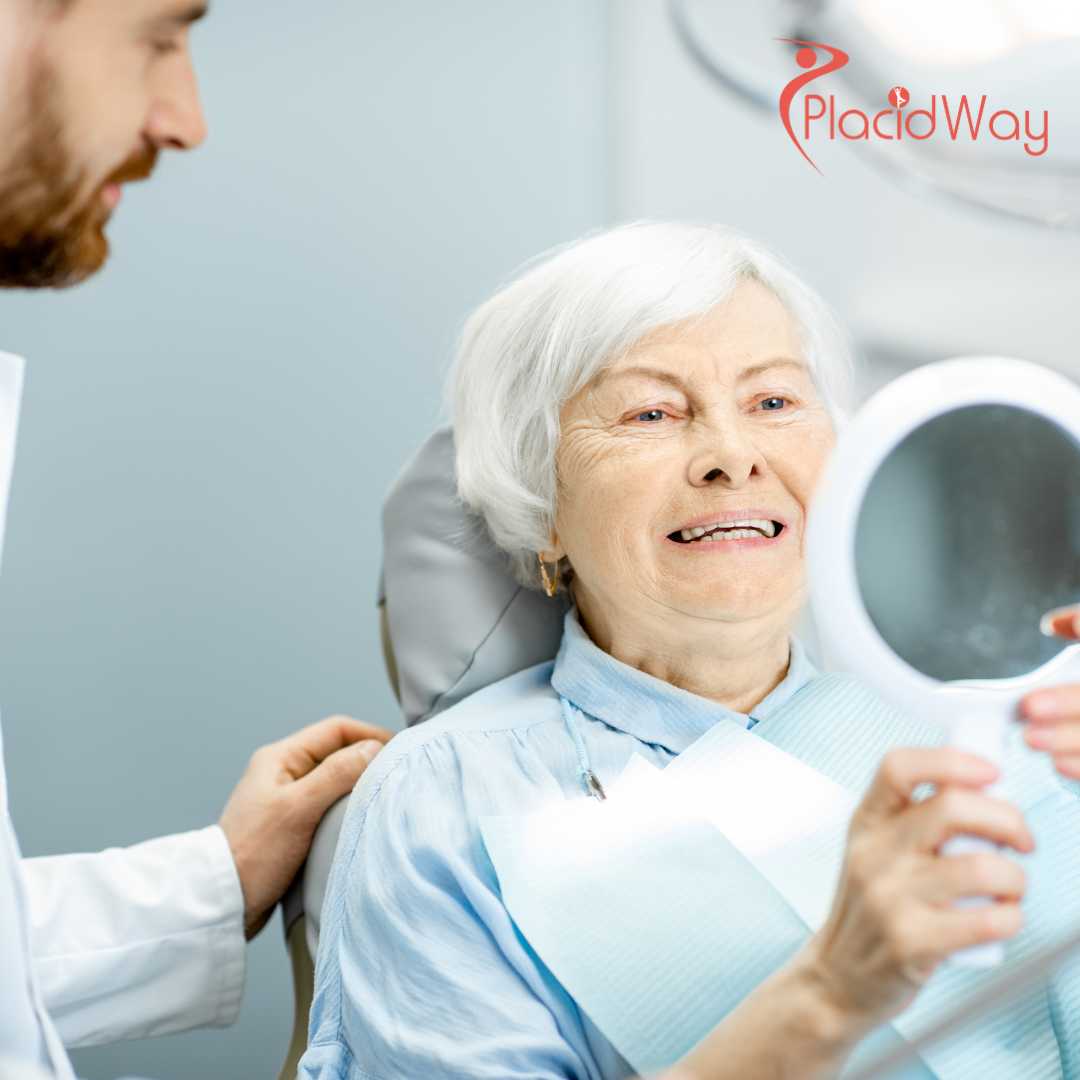
.png)
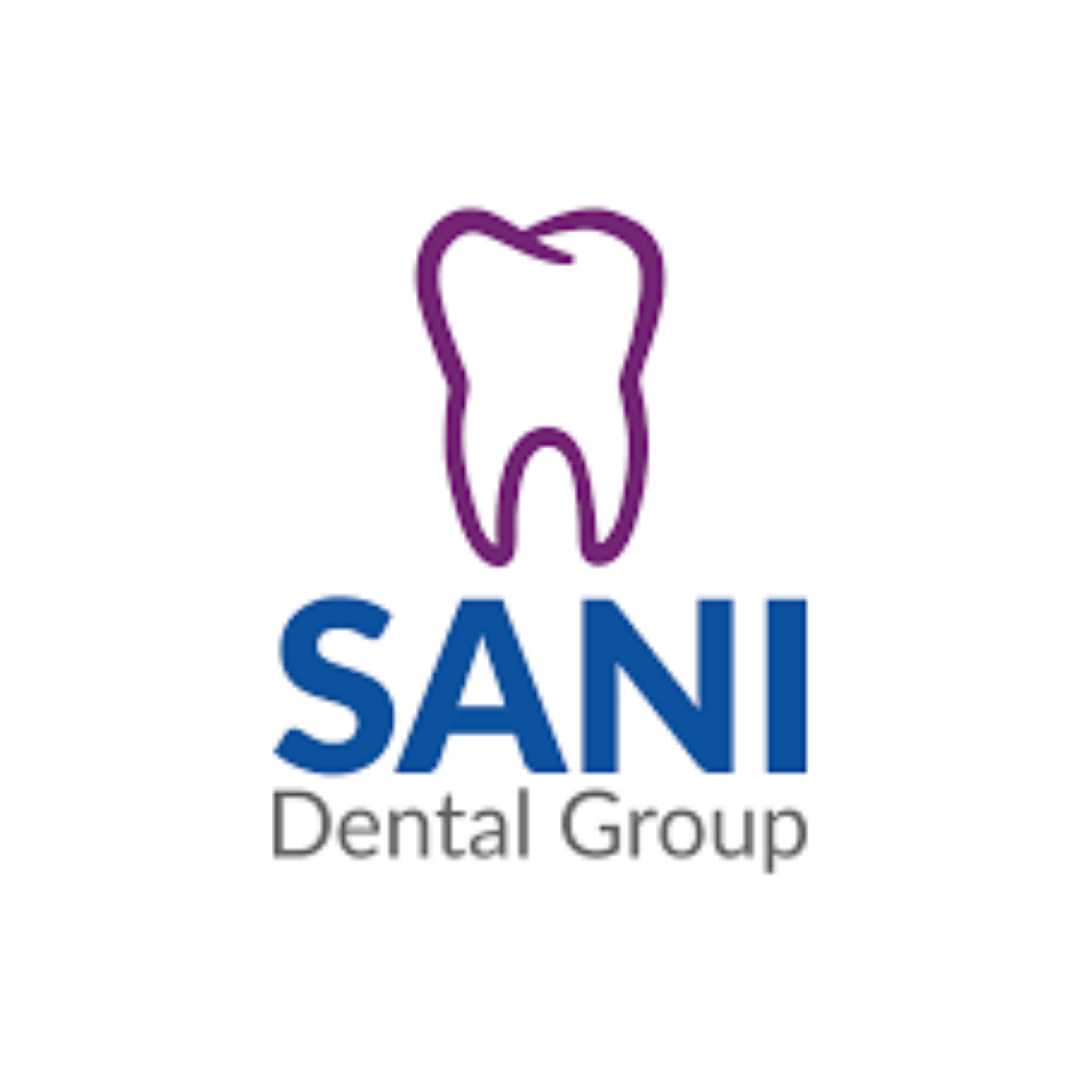
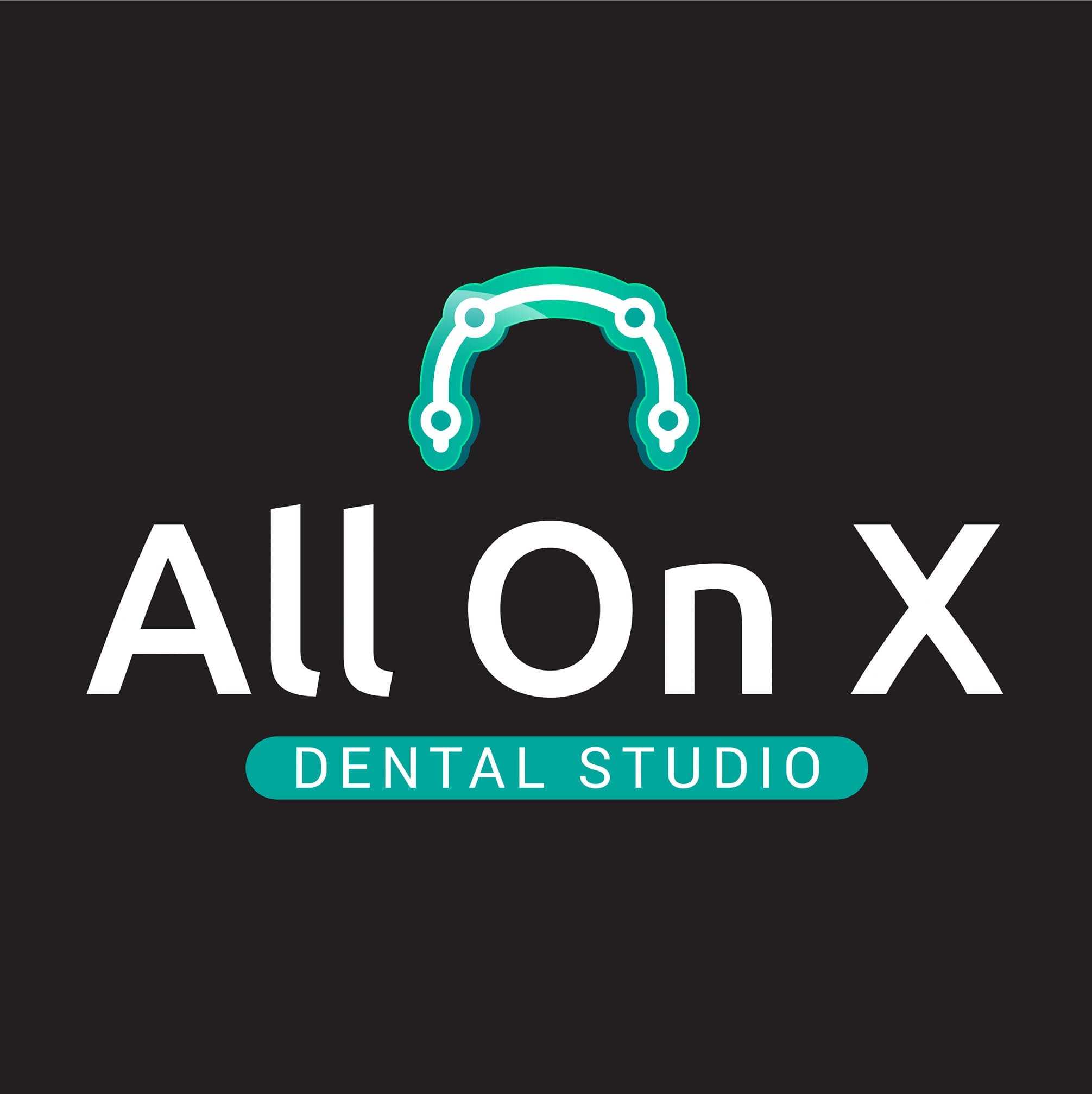
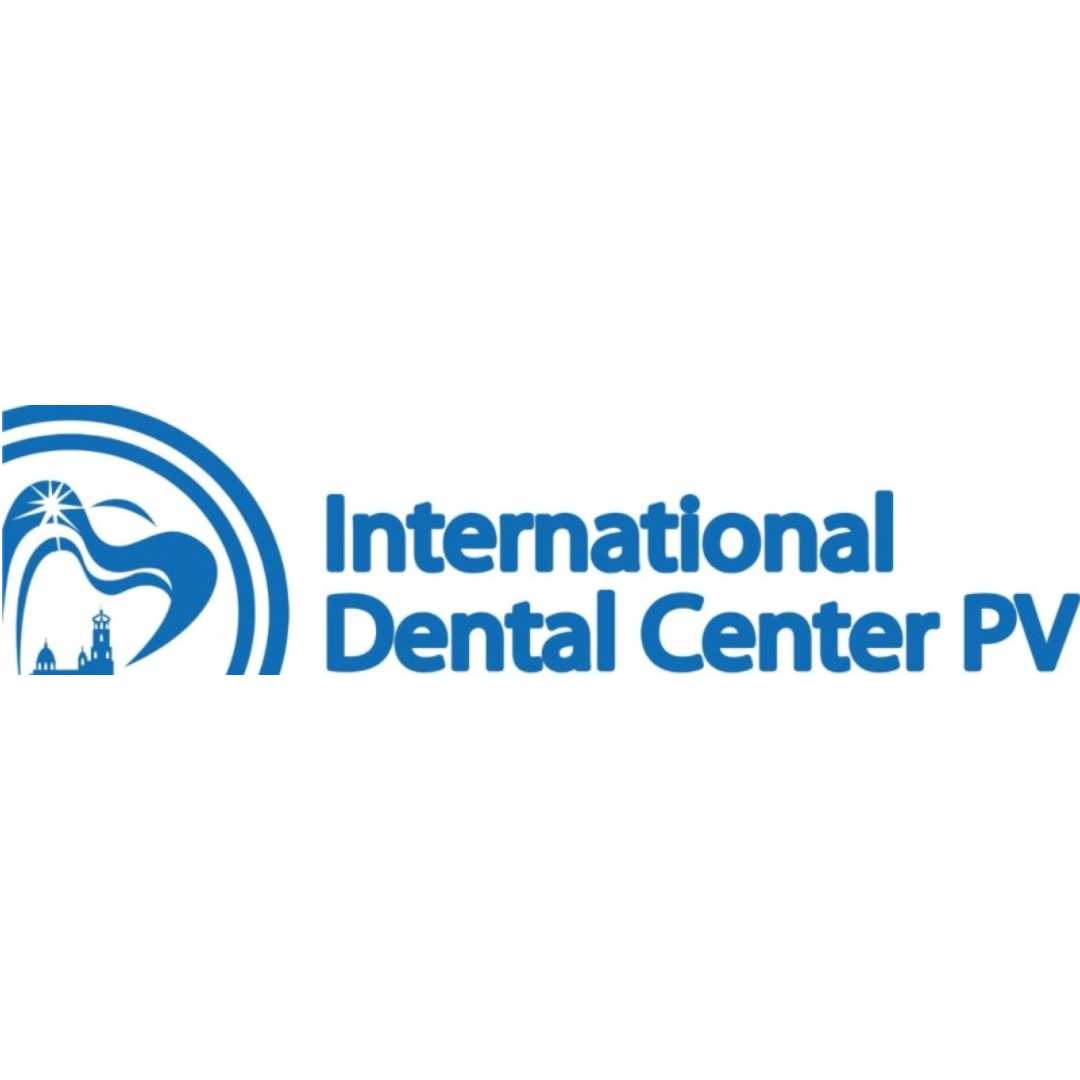
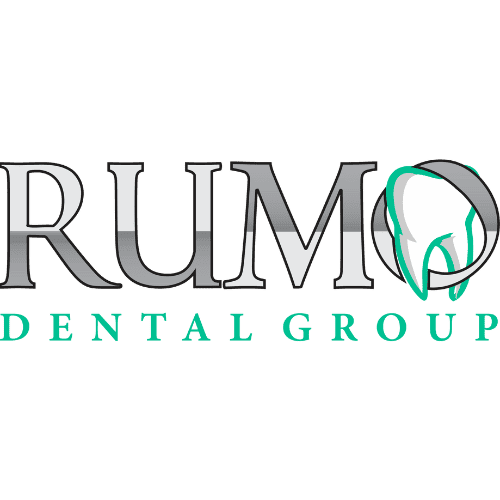
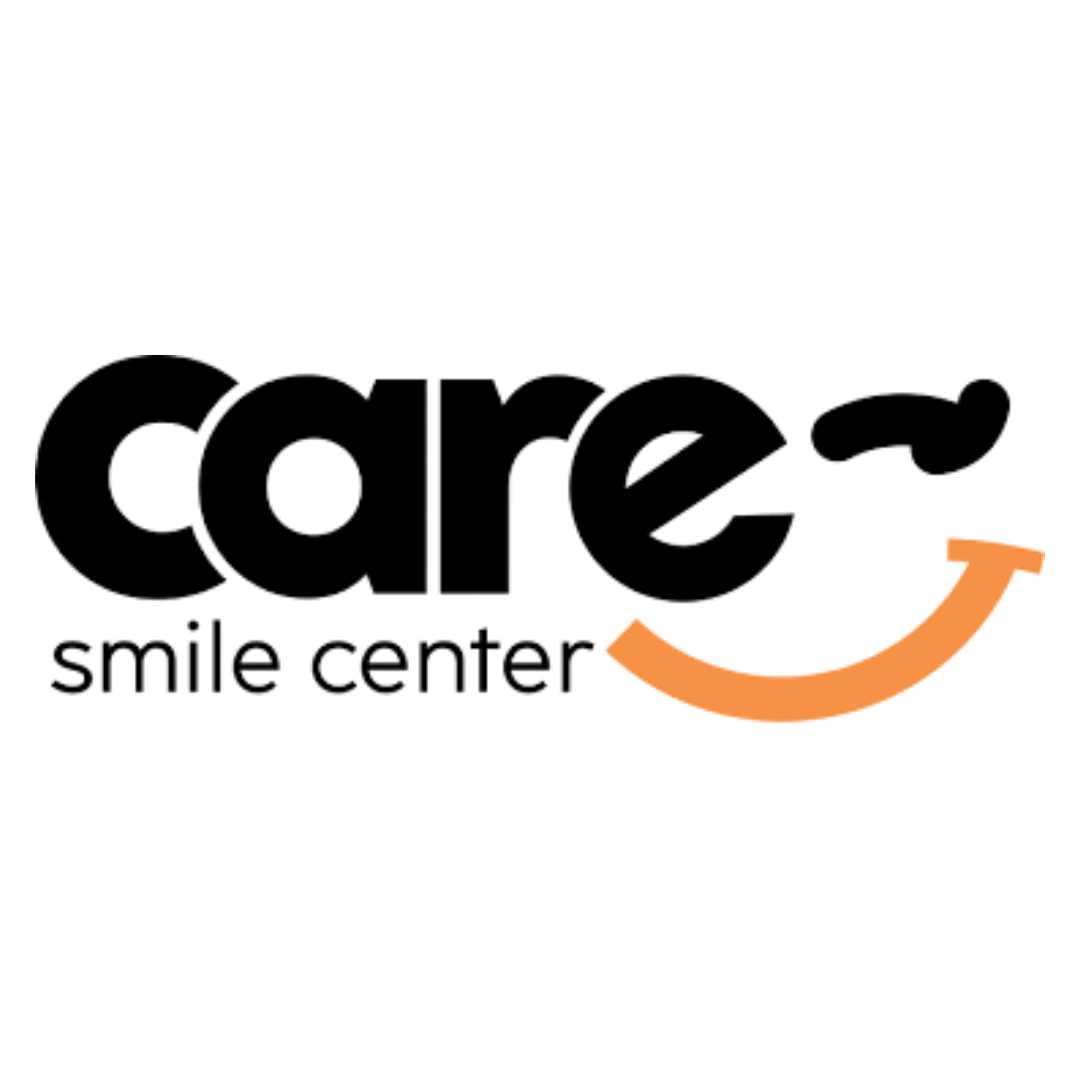

Share this listing